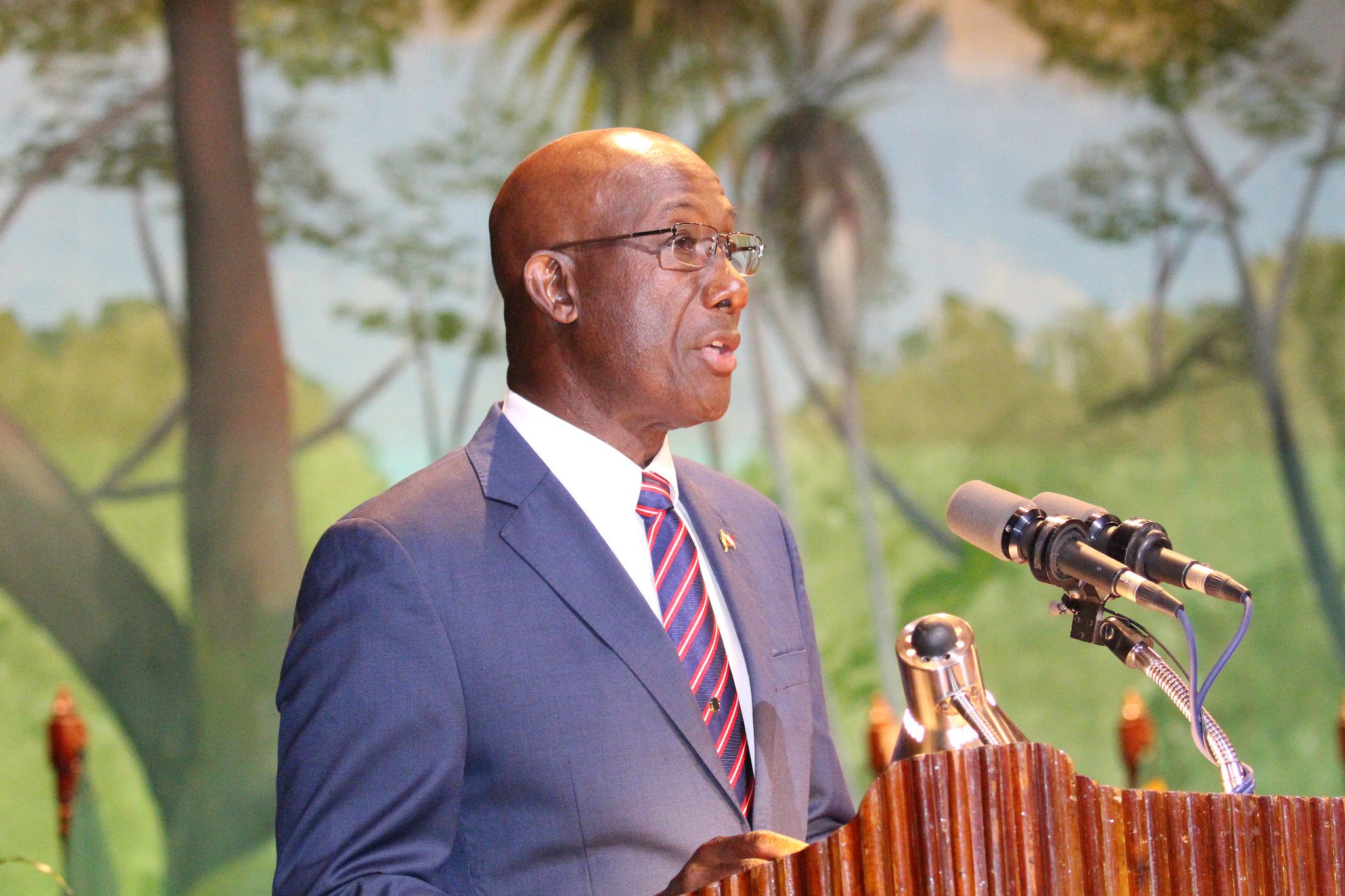Prime Minister of Trinidad and Tobago, Dr. Keith Rowley, said the island nation may need to consider a “direct proposal arrangement” for the issuance of oil blocks licenses, to maximise extraction of its petroleum resources. He made the comment during the opening ceremony of the Trinidad and Tobago Energy Conference on Monday, on the heels of mixed results from recent bid rounds.
“The competitive bid round process has been successful and has ensured that Trinidad realizes the optimum value from the exploitation of its remaining hydrocarbon resources,” the Dr. Rowley said. “However, a number of countries such as Indonesia in order to maximise the exploration and development of their hydrocarbon resources, have included a direct proposal arrangement.”
He said this approach is guided by the uncertainty of the global energy environment. He said it is important for Trinidad to seek such avenues to maximise petroleum production.
“Natural gas, in particular, is required as a fuel for our power plants and as feedstock for our gas-based industries, inclusive of [liquefied natural gas] LNG, and is currently at 2.8 [billion cubic feet per day] bcf/day, down from 4.1 bcf/day at peak during our earlier time,” Dr. Rowley said.
The country ended a deepwater bid round in 2022 for which only four blocks out of 17 received bids. Trinidad was expected to decide on awards three months from the June close of auction, but the decisions have dragged on. Dr. Rowley said the government is in negotiations with the bidders.
Though the deepwater bid round was disappointing, the onshore and nearshore round received favourable interest. Bids were submitted for eight out of 11 of Trinidad and Tobago’s onshore and nearshore blocks, which were put up for auction in 2022.
Interestingly, the sort of direct proposal arrangements Trinidad may consider is what Guyana is now avoiding. The administration, under a previous term, had faced a lot of criticism for issuing all offshore blocks through direct negotiations. Critics say this is part of the reason Guyana got deals that were widely considered unfavourable to the country. The government launched a competitive licensing round in December and has no plans to go back to direct negotiations.
The differences between Guyana and Trinidad are stark, however. For Trinidad, gas reserves are declining, and the country is almost desperate to shore up gas production, which is critical for maintaining the strength of its economy. In Guyana, there is a resource-fueled economic boom. ExxonMobil continues to make discoveries at the Stabroek Block, racking up billions of oil-equivalent barrels of resources and making Guyana one of the hottest exploration destinations on the planet.



